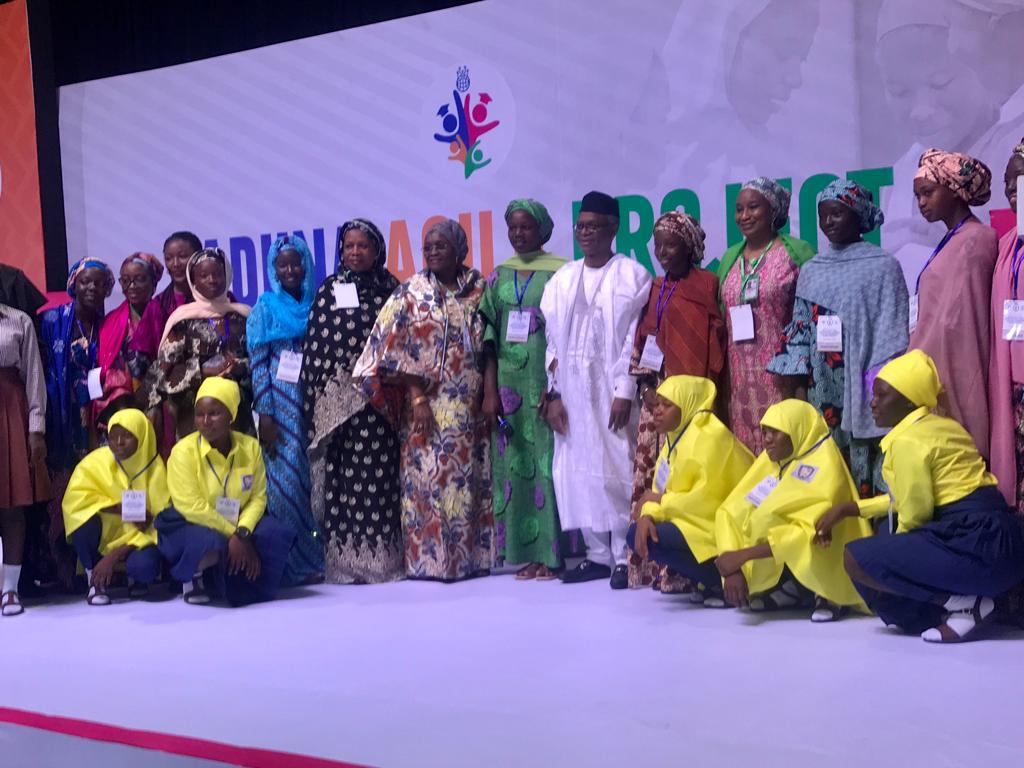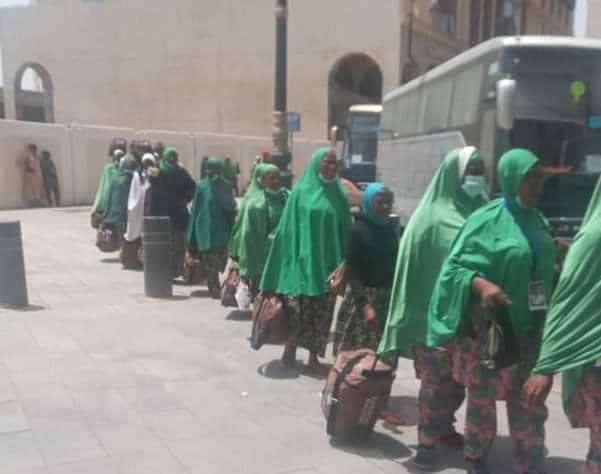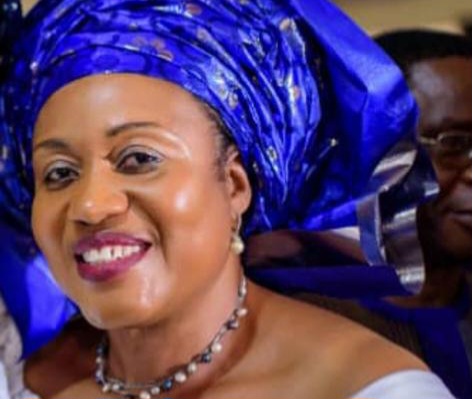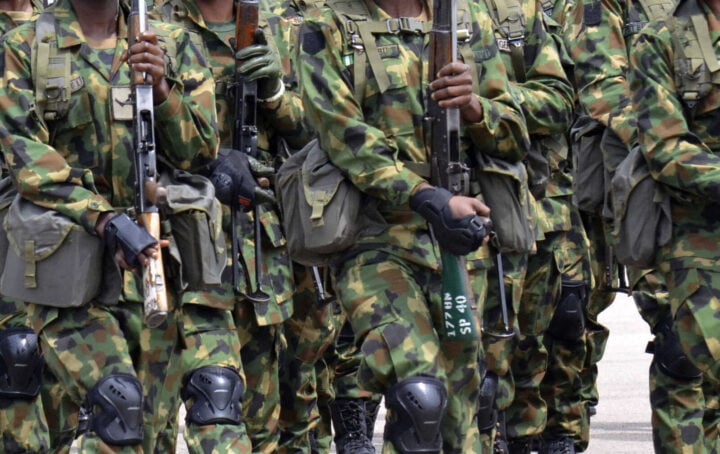Nasir El-Rufai, governor of Kaduna, says the Adolescent Girls Initiative and Empowerment (AGILE) project is one of the most successful interventions in Nigeria.
The project is jointly sponsored by the World Bank and the federal government and was launched by President Muhammadu Buhari in February.
The project is aimed at ensuring that all adolescent girls across the country have access to quality secondary school education and benefit from enhanced learning, digital literacy, and life skills.
The project initially started across Kaduna, Katsina, Kano, Kebbi, Ekiti, Borno, and Plateau and was extended to Adamawa, Bauchi, Kogi, Nasarawa, and Niger.
Advertisement
Speaking at the event’s launch in Kaduna, el-Rufai said the project had put the state on the right track.
“As far I know, it is the only World Bank finance project so far in Nigeria’s history that achieved 100 percent drawdown and continuing. I am very proud of the AGILE project,” he said.
“As far as education is concerned, Kaduna state is on the right part and with the (incoming) governor and the deputy governor that we have, Kaduna is in safe hands by the special grace of God.”
Advertisement
Aisha Garba, a representative of Shubham Chaudhuri, the World Bank country director, said AGILE is one of the biggest projects of the World Bank with $1.2 billion.
She said it “is a demonstration of the bank’s commitment in enhancing the development and education of young girls and women in Nigeria”.
Garba commended the Kaduna state government for taking full ownership of the project and reiterate the bank’s commitment to continue to support the country’s efforts.
The project will develop the creation of safe and accessible learning spaces through the construction of smart classrooms, 155 new secondary schools, rehabilitation of outdated classrooms and facilities as well as providing teaching and learning materials to ensure schools are functional, conducive and inclusive.
Advertisement
The Kaduna state government said the project also focuses on community awareness and communication, providing girls with relevant life and digital literacy skills, and conditional cash transfers (CCT) to the poorest households to enable adolescent girls start and complete secondary school.
Add a comment






